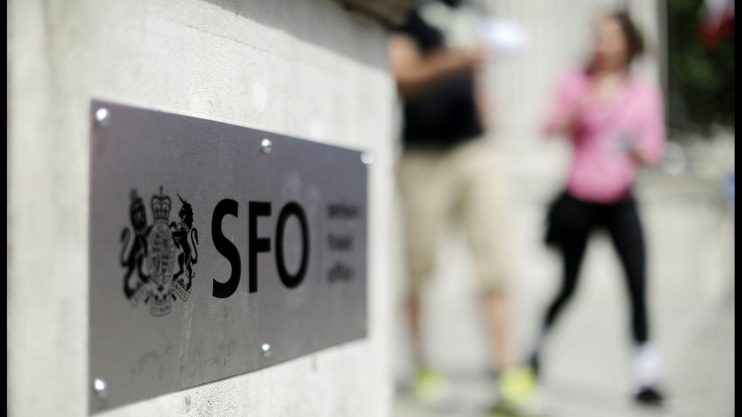SFO chief wants to pay whistleblowers – but City lawyers warn policy faces hurdles

City lawyers have warned that implementing a policy of paying financial crime whistleblowers rewards in the UK won’t be straight forward and faces a number of legal and cultural challenges.
The warnings come after the head of the UK’s anti-fraud agency threw his weight behind the idea on yesterday.
Nick Ephgrave, the new director of the Serious Fraud Office (SFO) revealed in a speech last night at think tank Royal United Services Institute (RUSI) that he believes “we should pay whistleblowers”.
“If you look at the example of the United States of America, their system allows that, and I think 86 per cent of the $2.2bn in civil settlements and judgments recovered by the US Department of Justice were based on whistleblower information,” Ephgrave said.
Harvey Knight, a partner at law firm Withers, said it was encouraging to see Ephgrave support the idea.
“The lack of any financial incentives, put together with the considerable financial, career and reputational risks of [blowing the whistle], has encouraged a culture of keeping your head down,” he said.
“Whether he now delivers on his promises and effects a wider cultural change too, remains to be seen,” Knight added.
“At this stage, this is all hypothetical,” Niall Hearty, a partner at law firm Rahman Ravelli, said.
Hearty explained that, as the law stands, the SFO cannot offer payments to whistleblowers. He noted that “new legislation may need to be considered to get past confidentiality agreements, as we have seen in the US, and protection from retaliation from employers”.
The Department for Business and Trade revealed last March that it launched a review of the country’s whistleblowing framework. The research was expected to be concluded by the end of 2023.
The department told City A.M., that the current planned publication date for this review is March 2024.
Richard Cannon, a partner at Stokoe Partnership Solicitors, also suggested potential problems when it came to relying on evidence obtained under such a policy.
Cannon said it is unclear how a jury in the UK would react to such rewards, adding that it “has not historically been part of the criminal justice landscape”.
If Labour are elected into power at the next general election, however, this could significantly increase the chances of this policy being implemented.
Back in October, Labour pledged to give financial rewards to whistleblowers who expose stolen assets, sanctions breaches and recover misappropriated funds.
“Under the Tories, Britain became the money-laundering capital of the world. With Labour, Britain will be the anti-corruption capital of the world,” David Lammy said announcing the policy pledge at the time.